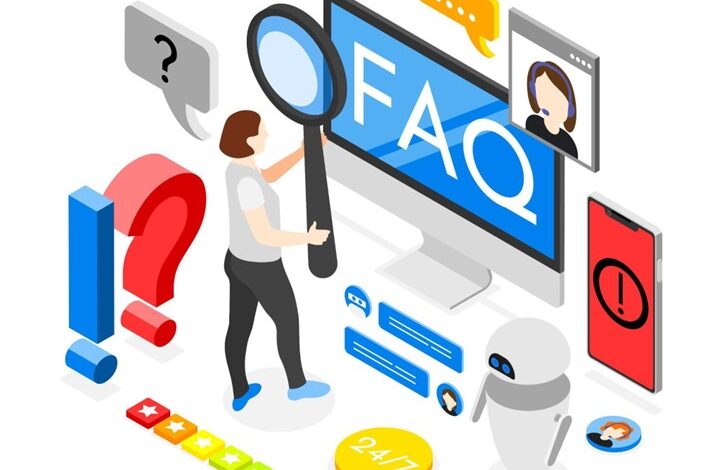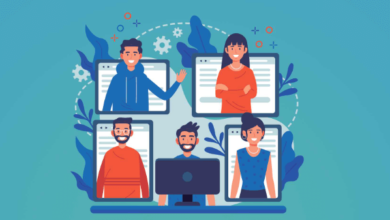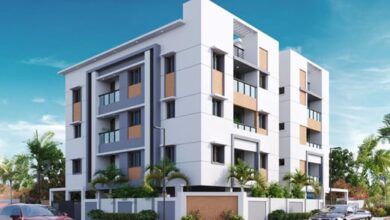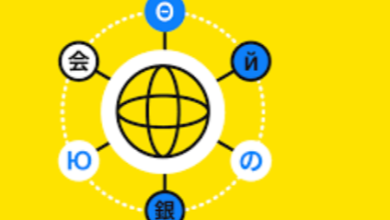15 FAQs About B2B Admin Portal Development

Planning to build and launch a web-based, B2B admin portal for internal or external process management? Here are top 15 questions I recommend businesses think about and answer before proceeding with even hiring a web development company in Dubai. These questions will give you a 360-degree view of everything you should consider before developing an admin portal and cover technology and business requirements, security and data management, user adoption and features.
1. What are the primary objectives of implementing a web-based admin portal for your organization?
A lot of businesses invest in developing web-based admin portals, and most of them have goals including:
- streamlining internal processes
- improving operational efficiency
- centralizing data management
- enhancing communication
- collaboration among teams
- facilitating data-driven decision-making
- managing website and mobile application content without technical expertise
As a business, you need to assess your needs and requirements, then decide features you’d like your web development company to add to your portal.
2. What specific internal processes or tasks do we intend to streamline or automate with the admin portal?
Again, web development companies in Dubai support businesses when they develop admin portals to streamline tasks such as employee management (HR), inventory management, project/task tracking, document management, reporting and analytics, communication tools integration, and workflow automation.
3. Who are the intended users or stakeholders of the admin portal within our organization?
Completely depending on the goals you have decided in answers of your first and second question, the intended users of the admin portal may include:
- employees across various departments (HR, finance, operations, sales, etc.),
- managers and executives
- IT administrators
- and stakeholders who require access to specific data and functionalities for decision-making.
This information is important for your web developer in Dubai as they’ll design the interface and experience to suit the requirements of your end user.
4. What are the key features and functionalities we need in the admin portal?
The main features of an admin portal include:
- user authentication and role-based access control
- dashboard with customizable widgets
- task and project management tools
- reporting and analytics capabilities
- document storage and sharing
- notifications and alerts
- integration with other business applications
Most importantly, your admin portal should have features that are scalable to meet growth demands in future.
5. Should the admin portal integrate with existing systems or databases within our organization?
Yes, the admin portal should integrate with existing systems such as ERP (Enterprise Resource Planning), CRM (Customer Relationship Management), HRIS (Human Resources Information System), accounting software, and other relevant databases to ensure data consistency and accessibility.
Most common integrations that we add to admin portals include Google Drive, Google Docs and Sheets, Jira, Slack, Figma and Trello.
6. What level of customization and branding do we require for the admin portal interface?
It is ideal to keep the admin portal interface minimal. For intermediate levels of branding, you can go with some customization to reflect your brand identity, including custom color schemes, logos, and layout designs. If you already have a business website, then you can also make an app of your brand by one of the leading mobile app development companies in uae with great expertise and methods then the interfaces should typically match.
7. What security measures are essential to protect sensitive data accessed through the admin portal?
I recommend my you integrate major security measures that include:
- data encryption,
- secure authentication methods (e.g., multi-factor authentication),
- role-based access control,
- regular security audits,
- firewall protection,
- and compliance with data protection regulations (e.g., GDPR, HIPAA).
To further enhance security, you can integrate VPNs and add SSL certificates.
8. How scalable should the admin portal be to accommodate future growth and additional functionalities?
To accommodate future growth, the admin portal should be highly scalable and able to handle new user requirements, increased data volumes, and integration with additional systems or services without compromising performance or user experience.
9. How does an admin portal support decision-making?
The admin portal offers:
- customizable reports
- dashboards with real-time data visualization
- drill-down capabilities
- predictive analytics
These features typically help stakeholders make informed decisions based on key performance indicators (KPIs) and trends.
10. Should the admin portal be accessible from mobile devices, and if so, what specific functionalities are needed for mobile access?
Yes, the admin portal should be mobile-responsive with optimized user interfaces for mobile devices. Key functionalities for mobile access include task management, notifications, reporting, and document access.
11. Which tools and technologies are used for developing web-based admin portals?
Most popular technologies used for building web-based admin panels include
- JavaScript frameworks like React or Angular for front-end development
- Node.js or Python for back-end development
- relational databases (e.g., PostgreSQL, MySQL)
- cloud services (e.g., AWS, Azure) for scalability and reliability
For further integrations, and enhanced features like AI-based recommendations and decision-making, web developers do add ML frameworks to the technology stack.
12. How much time and budget are required for developing an admin portal?
It costs between AED 25,000 to 65,000 to develop a basic to intermediate level admin portal.
Such an admin portal, with 5 to 8 business-side features can take around 4 to 7 months for development.
This cost, budget and timeline for development depend on project scope, design complexity, and customization requirements.
13. What level of technical support and maintenance will be required post-launch for the admin portal?
Post-launch support typically includes regular maintenance, security updates, bug fixes, performance monitoring, and technical support to address user inquiries. Ongoing maintenance and development account for 7 to 9% of the total development cost, so it is ideal to subscribe to such a service.
For reference, I recommend businesses and decision-making managers only hire web developers in Dubai who provide FREE post-launch maintenance for a specific period – which is a standard 45 days across Dubai and UAE.
14. What are the regulatory compliance requirements that the admin portal must adhere to?
The admin portal must comply with relevant regulatory requirements for data privacy and security, including:
- GDPR which is General Data Protection Regulation
- HIPAA which is Health Insurance Portability and Accountability Act – required if your admin portal is for healthcare sector
- PCI DSS which is Payment Card Industry Data Security Standard, required if customers use this admin portal to make payments
It is ideal to compare industry standards, check local regulations and talk to your web developer about licenses and certificates you’ll need to deploy and use the admin portal.
15. How do I ensure the design of the admin portal helps usability and user adoption?
Web development companies in Dubai typically create UI/UX and prototypes based on design principles such as simplicity, consistency, intuitive navigation, accessibility, and responsiveness.
With these questions answered internally, you are ready with your homework for validating the idea of your B2B admin portal. After this, the smartest business move is to shortlist a web development company or two, get quotes for your features, check their technical expertise and niche experience, hire and sign an NDA, and begin development.




